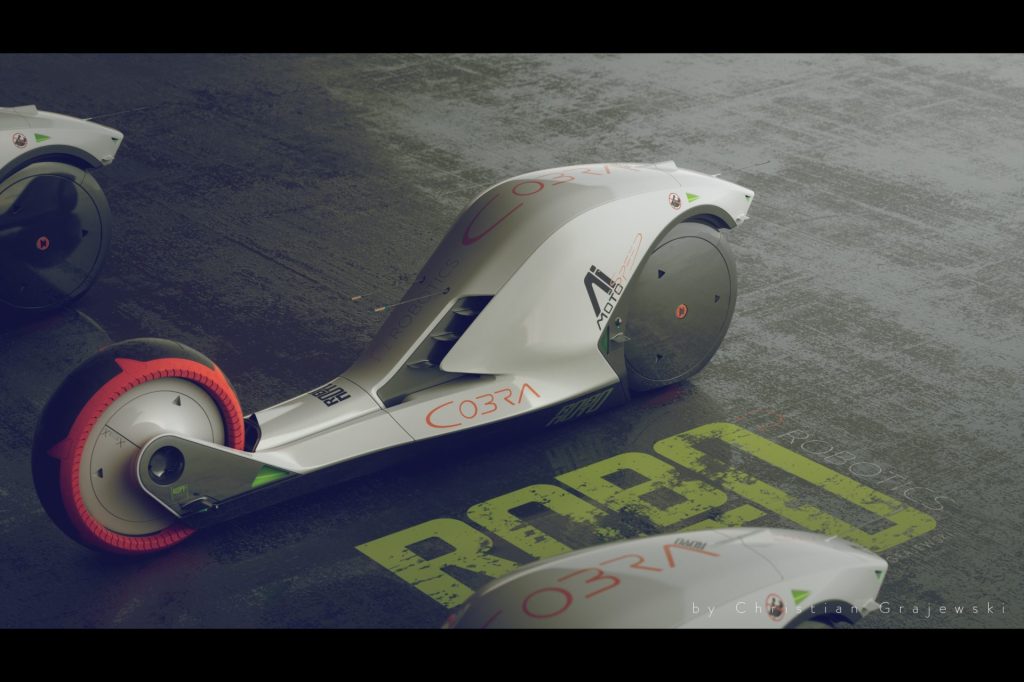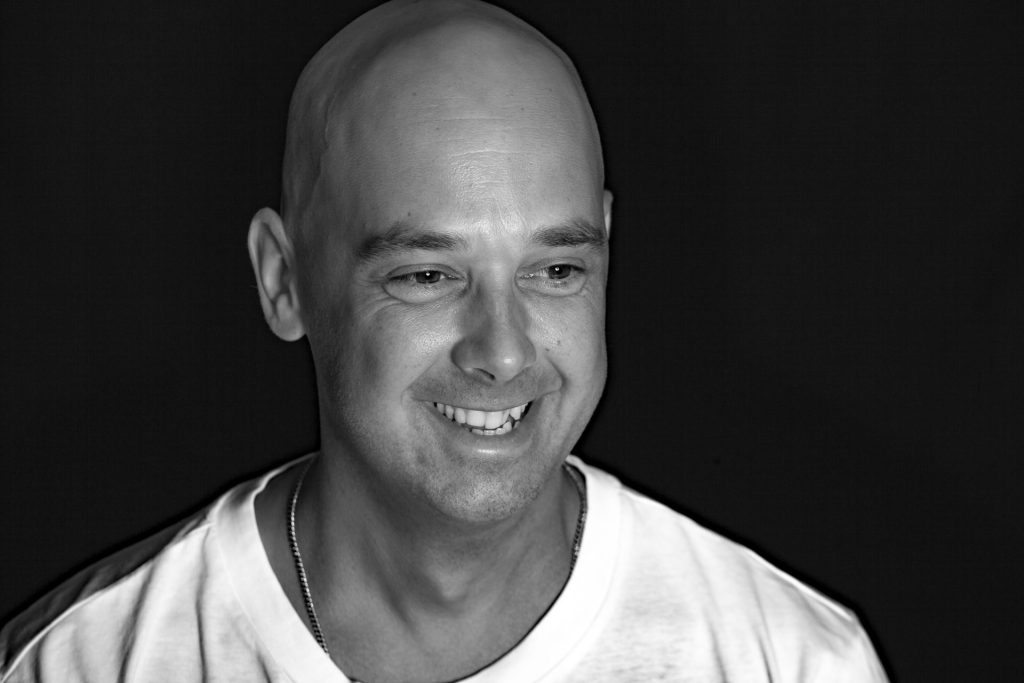It’s easy, these days, to be drawn to the latest software programs, the newer and more simplified versions of some of the programs you cut your design teeth on.
Not for Christian Grajewski. This Alias veteran, from Hannover, Germany, has an intriguing career that reinforces both a “creativity first” and a “know the right tools” mindset. Although he trained as a metalworker (Maschinenbaumechaniker) to build lifeboats, his passion for design drew him in another direction. (You can read more about his design philosophy in Part 1.)
Every designer has his favourite tools, and on Christian’s list, Alias takes first place (Fusion 360 earns second place). His technical skill with CAD programs like Alias began in his university days:
“Our professors were really keen on CAD modeling, especially Alias, because they came from the industry. And they said, ‘This is the best program to use for your future.’ I was super happy that I had those professors and that they encouraged us in a certain direction. I basically fell in love with Alias, with CAD modeling, because I could really build my sketches in 3D, and a 3D model tells when you have solved most of the problems and it will work.”
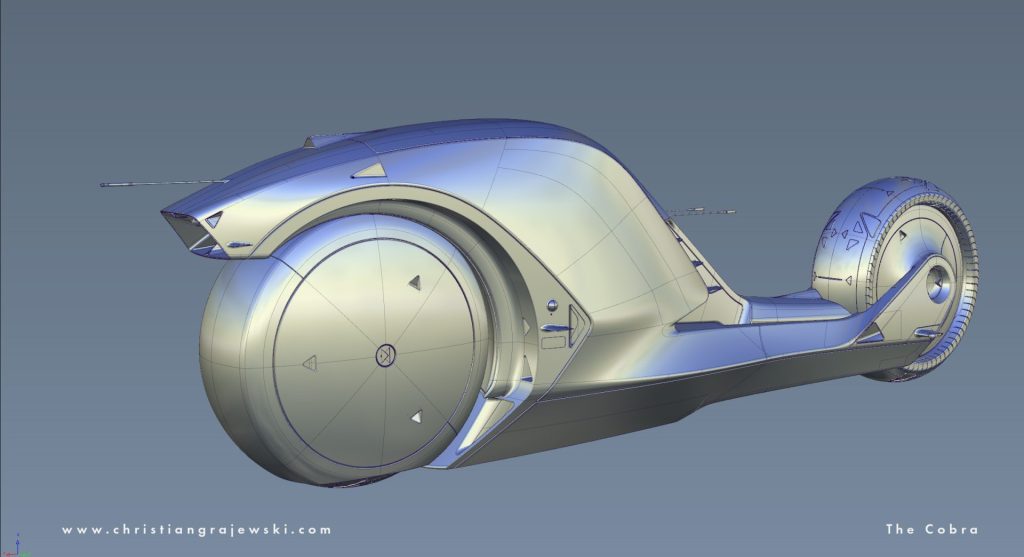
Since those early days when Christian was first learning Alias, he’s had the opportunity to use it in numerous contexts. While being mindful of the balance between external projects and his own work, Christian kept receiving job offers because of his CAD modeling, visualization and design skills. Whether with a start-up or with a television series, his Alias experience and expertise has allowed him the luxury of choosing which projects he takes on.
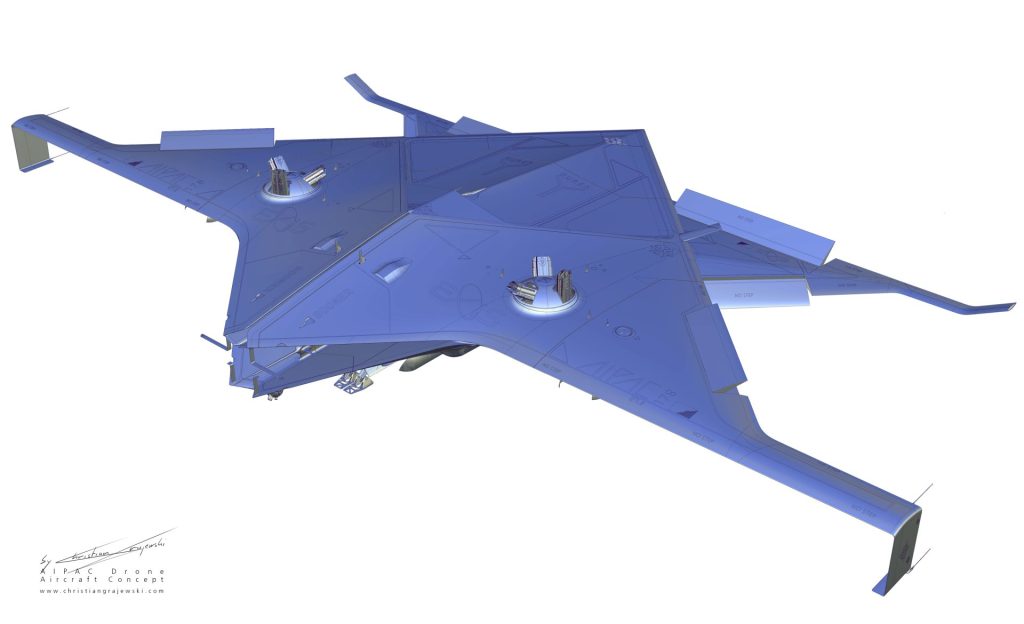
And his expertise hasn’t just been an advantage in his commercial work. It’s also been key to his passion projects, including his conceptual design work for Explorer: Futuristic Vehicles for Uncharted Lands, his book of futuristic designs.
“First and foremost, the tool for me is Alias, because I can actually design what I have in my head. I compare this to poly modeling and just sitting and learning another program, where I try it for little things, but I cannot do what I actually want. In Alias, I can do what I want and it looks exactly how I want to have it. And as a product designer, as a transportation designer, the things need to look like I want to have them look. It’s extremely easy for me now, with all the training over the years that I’ve had, and I can’t get it with another program.”
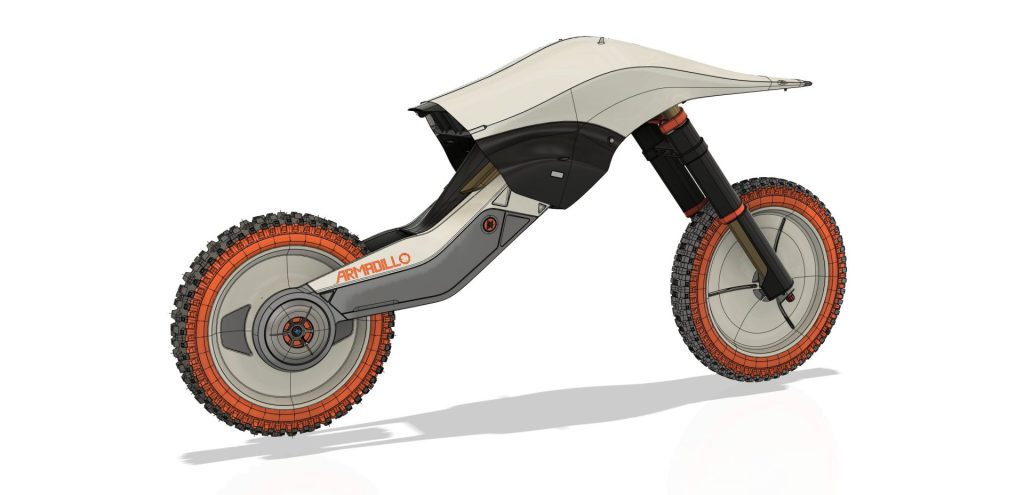
Christian now pairs his work in Alias with Fusion 360, a tool that allows him to go further with some parts of his workflow. Great for parametric design, Fusion allows him to take a closed volume designed in Alias, project the lines and from those lines get radii.
“I really wanted to put my radii everywhere, because it looks more realistic. So I import my wire files from Alias into Fusion. I could do this in Alias, but it takes a while. In Fusion, it’s just a couple of clicks. With my wire files there, I can play with my radii and edges, apply thickness to them. This workflow is awesome—creating these lines, getting a nice radii, applying thickness. Especially if it’s just straight modeling and you don’t have to worry about precision. It works really well.”
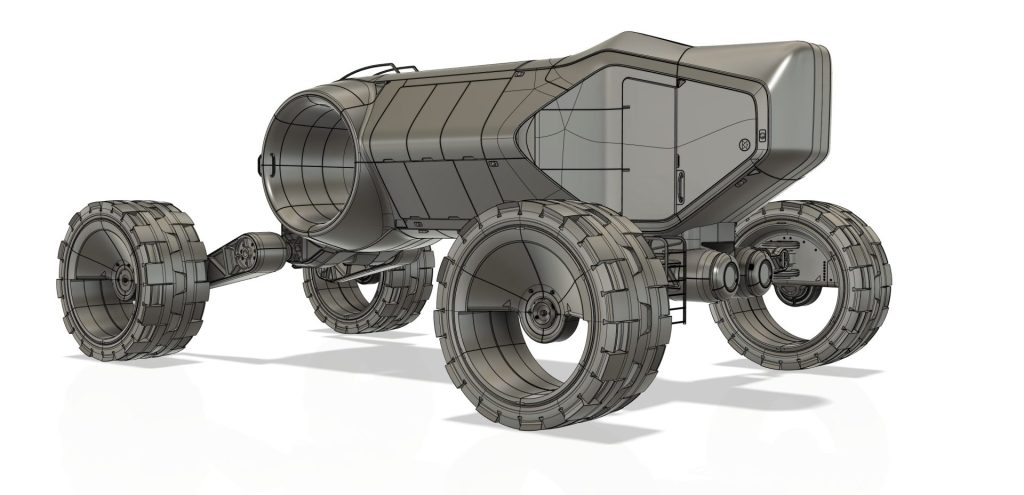
Christian’s new workflow draws deeply on Fusion (about 80% of the parts). As he works with engineers, he can just hand over already perfect lines with the right thickness. It’s a task he’s been able to take off their plates—and get done more quickly.
Creating new workflows is a big advantage for any designer. One of the disadvantages, Christian says, of working as a freelancer is that he doesn’t have the same access to other designer’s ideas, processes and perspectives.
“The only way right now to learn anything new is watching tutorials. I don’t want to cook in my own soup…. When I work with other people, I learn their workflows, different ways of thinking. I always took this in with my earliest models, wanting to learn everything my colleagues knew. Like, ‘Oh, you were doing this like this… That’s interesting. And then after a while, it switched, and I was sharing my workflows.”
From his university days in Germany, through sabbatical time on his own projects, to working with start-ups and tv, Christian’s career reinforces the necessity to acquire the right skills and continually refine them. We’re thrilled that Alias has been along for the ride.
